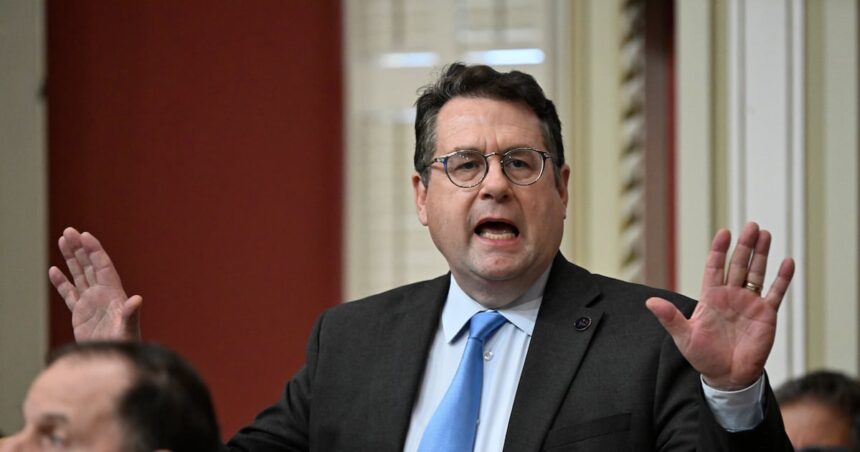As I stroll through Parc La Fontaine this crisp autumn morning, the laughter of schoolchildren on their field trip echoes through the changing leaves. It strikes me how different their classroom experience will soon become under Quebec’s new civility regulations announced yesterday.
Quebec Education Minister Bernard Drainville unveiled comprehensive civility guidelines set to transform classroom dynamics across the province starting January 2024. The regulations aim to address what many educators describe as deteriorating student-teacher relationships and declining classroom respect.
“These measures aren’t about punishment; they’re about creating environments where learning can flourish,” Drainville explained during yesterday’s press conference at École Saint-Jean-Baptiste in Quebec City. “When teachers spend half their time managing disruptive behavior, everyone’s education suffers.”
The new framework requires all Quebec schools to implement specific protocols addressing student cellphone use, appropriate language, and classroom conduct. Most notably, the guidelines mandate that students address teachers formally using “monsieur” or “madame” rather than first names – a practice that has gradually disappeared in many schools.
Daniel Germain, principal at Montreal’s École Secondaire Henri-Bourassa, welcomes the change. “There’s been a subtle erosion of boundaries between students and educators. Using formal address helps establish the respect necessary for effective teaching,” he told me during our conversation last week.
Parents seem divided on the measures. Marie Beauchamp, mother of three students at Commission scolaire de Montréal schools, supports the initiative. “My children need to understand boundaries and respect for authority. These skills serve them throughout life, not just in school.”
However, others question whether formality translates to genuine respect. Parent advocate Juliette Constantineau from the Quebec Parents Committee Federation argues, “Forcing children to use formal address doesn’t automatically generate respect. We need to model respectful behavior ourselves.”
The regulations extend beyond language to dress codes and technology use. All Quebec schools must implement strict cellphone policies, with most requiring devices to remain in lockers or designated storage areas throughout the school day.
Research from the Institut national de la recherche scientifique suggests such measures could significantly improve academic outcomes. Their 2023 study found classrooms with strict technology limitations saw a 27% improvement in student concentration and a 32% reduction in behavioral incidents.
Montreal teacher Sophie Tremblay has mixed feelings. “While I appreciate addressing classroom management challenges, I worry about implementing these changes mid-year. We’ve already established classroom cultures since September.”
The Quebec Provincial Association of Teachers has cautiously endorsed the measures while requesting additional resources for implementation. “Teachers need training and support to enforce these standards consistently,” Association President Martin Champoux stated yesterday.
What remains unclear is how these regulations will impact Quebec’s diverse educational landscape. Will the one-size-fits-all approach work equally well in Montreal’s multicultural schools as in homogeneous rural communities?
Walking home along Avenue Mont-Royal, I notice groups of high school students engrossed in their phones between classes. I wonder how they’ll adapt to the stricter environment. Perhaps, as my grandmother who taught for forty years in Outremont often said, “The pendulum of educational philosophy swings back and forth, but respect remains at the heart of learning.”
The Ministry of Education has promised to evaluate the effectiveness of these measures through a provincial assessment in June 2024, with potential adjustments for the following school year.
For now, Quebec’s classrooms prepare for a significant cultural shift – one that proponents hope will restore the civility they believe has been gradually slipping away. Whether formality translates to meaningful respect remains to be seen, but the conversation about classroom conduct has certainly been elevated throughout our province.







